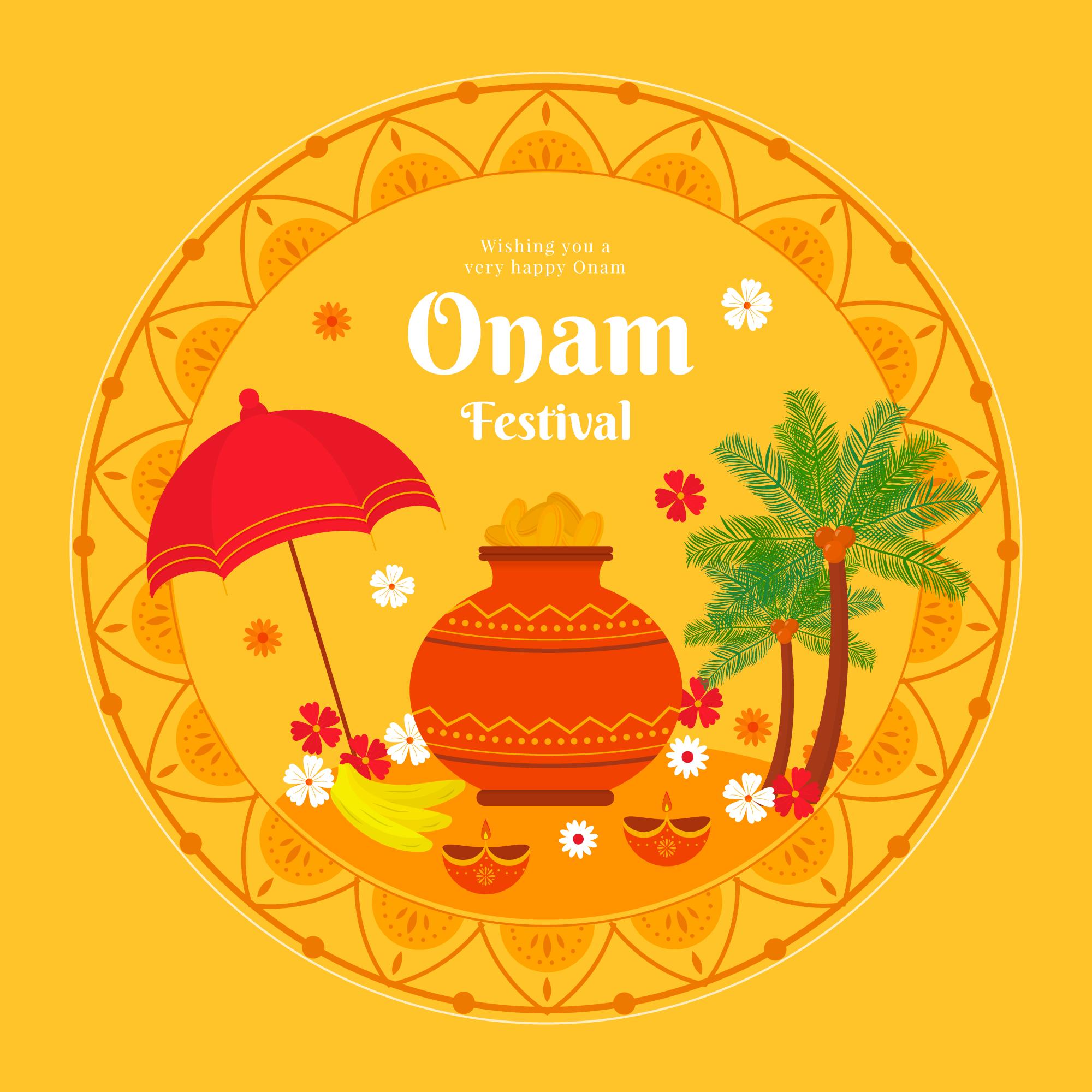Diwali
Diwali or Divali; related to Jain Diwali, Bandi Chhor Divas,
Tihar, Swanti, Sohrai and Bandna) is a festival of lights and one of the major festivals celebrated by Hindus,
Buddhists, Jains, and Sikhs. The festival usually lasts five days and is celebrated during the Hindu
lunisolar month Kartika (between mid-October and mid-November). One of the most popular festivals of
Hinduism, Diwali symbolizes the spiritual "victory of light over darkness, good over evil, and knowledge over
ignorance". The festival is widely associated with Lakshmi, goddess of prosperity, with many
other regional traditions connecting the holiday to Sita and Rama, Vishnu, Krishna, Yama, Yami, Durga, Kali,
Hanuman, Ganesha, Kubera, Dhanvantari, or Vishvakarman. Furthermore, it is, in some regions, a celebration of
the day Rama returned to his kingdom Ayodhya with his wife Sita and his brother Lakshmana after defeating
Ravana in Lanka and serving 14 years of exile.
In the lead-up to Diwali, celebrants will prepare by cleaning, renovating, and decorating their homes and
workplaces with diyas (oil lamps) and rangolis (colorful art circle patterns). During Diwali, people wear
their finest clothes, illuminate the interior and exterior of their homes with diyas and rangoli, perform
worship ceremonies of Lakshmi, the goddess of prosperity and wealth,[note 1] light fireworks, and partake in
family feasts, where mithai (sweets) and gifts are shared. Diwali is also a major cultural event for the
Hindu, Sikh and Jain diaspora.
The five-day long festival originated in the Indian subcontinent and is mentioned in early Sanskrit texts.
Diwali is usually celebrated twenty days after the Vijayadashami (Dussehra, Dasara, Dasain) festival, with
Dhanteras, or the regional equivalent, marking the first day of the festival when celebrants prepare by
cleaning their homes and making decorations on the floor, such as rangolis. The second day is Naraka
Chaturdashi. The third day is the day of Lakshmi Puja and the darkest night of the traditional month. In some
parts of India, the day after Lakshmi Puja is marked with the Govardhan Puja and Balipratipada (Padwa). Some
Hindu communities mark the last day as Bhai Dooj or the regional equivalent, which is dedicated to the bond
between sister and brother, while other Hindu and Sikh craftsmen communities mark this day as Vishwakarma
Puja and observe it by performing maintenance in their work spaces and offering prayers.
Some other faiths in India also celebrate their respective festivals alongside Diwali. The Jains observe their
own Diwali which marks the final liberation of Mahavira, the Sikhs celebrate Bandi Chhor Divas to mark
the release of Guru Hargobind from a Mughal Empire prison, while Newar Buddhists, unlike other Buddhists,
celebrate Diwali by worshipping Lakshmi, while the Hindus of Eastern India and Bangladesh generally celebrate
Diwali by worshipping the goddess Kali. The main day of the festival of Diwali (the day of Lakshmi
Puja) is an official holiday in Fiji, Guyana, India, Malaysia, Mauritius, Myanmar,
Nepal, Pakistan, Singapore, Sri Lanka, Suriname, and Trinidad and Tobago.


